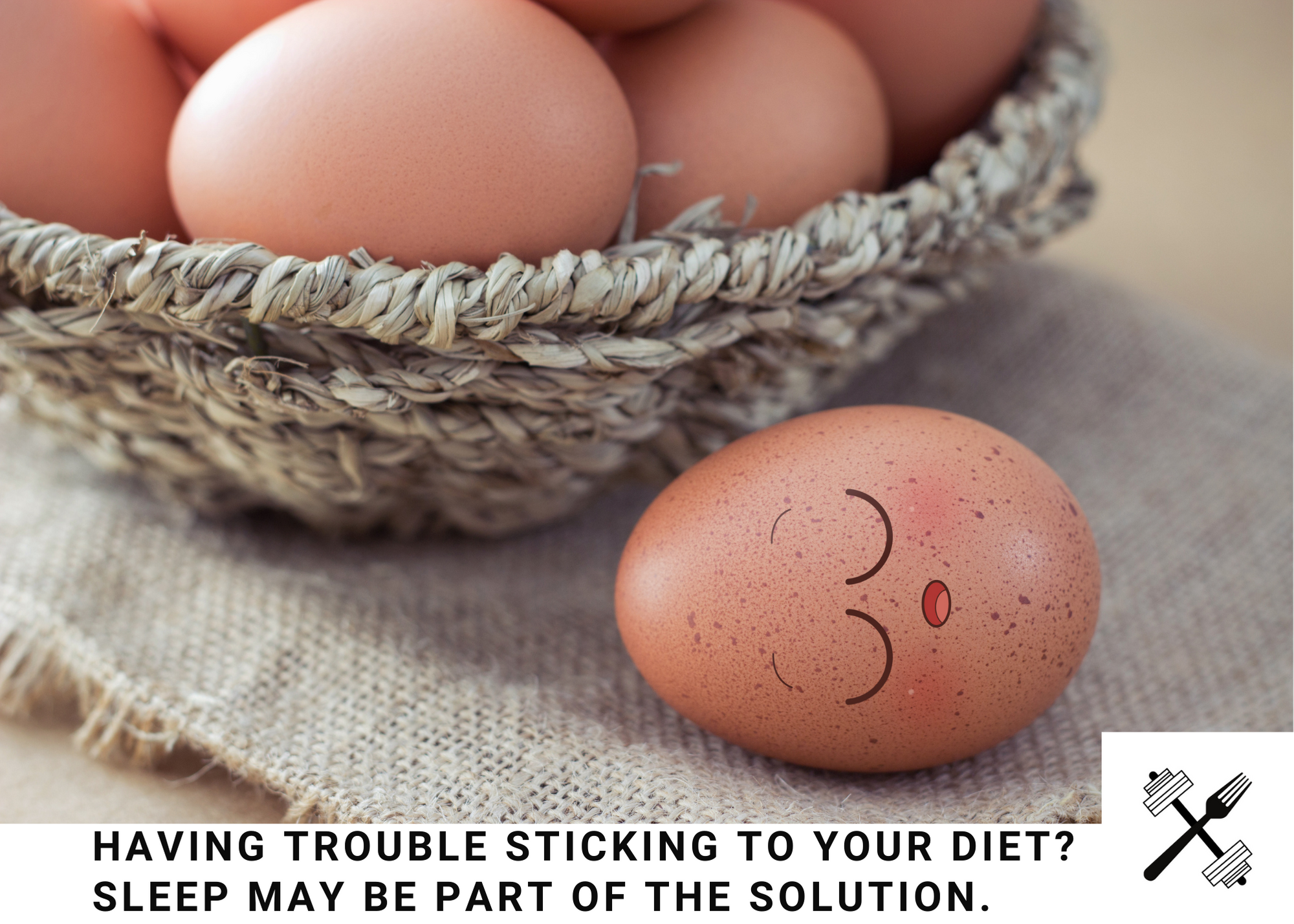
The Influence of Sleep on Diet
“Sleep is that golden chain that ties health and our bodies together”, Thomas Dekker (c. 1572 – 1632). Dramatist.
Have you ever wanted to know what happens to your body during your sleep? Have you ever noticed that lack of sleep leads you to overeat?
Getting enough sleep won’t just recharge your body’s batteries; it also helps control how much you eat. A lack of sleep is linked to overeating—especially the overconsumption of junk food—which can lead to weight gain.
Neuroimaging studies have revealed that sleep curtailment results in:
- exaggerated food-reward;
- increased appetite for high-calorie foods;
- compromised inhibitory control of food intake.
A reduction of sleep to 5 hours per night results in more calories people consume after dinner than at any other individual meal.
Two hormones that help regulate hunger—ghrelin and leptin—are affected by sleep: Ghrelin stimulates appetite, while leptin decreases it. When the body is sleep-deprived, the level of ghrelin spikes, while the level of leptin falls, leading to an increase in hunger.
On the other hand, as a result of an intervention study, we know that additional sleep from 6.5 hours to 8.5 hours leads to significant improvements in appetite regulation, and decreased desire for hyperpalatable foods.
A randomized controlled trial showed that the sleep extension group reduced intakes of fat (percentage), carbohydrates (grams), and free sugars (grams) in comparison to the control group.
Inadequate sleep duration may also modify eating patterns; thereby mediating or contributing to the observed relationship between sleep duration and obesity.
Eating practices are regulated in response to the sleep-wake cycle, which is the master output rhythm of the circadian clock. A lack of sleep kicks off a process in the body that raises the blood level of a lipid known as endocannabinoid, making the act of eating more enjoyable, especially in the evening. It also increases hunger for specific types of foods, such as cookies, candy, and chips. In fact, people who don’t get enough sleep eat twice as much fat and more than 300 extra calories the next day, in comparison with those who sleep for eight hours.
Moreover, several characteristics of eating practices such as skipping breakfast, late eating time, and low meal frequency have been related to altered metabolic response, poor nutritional quality, and obesity.
It has been well documented that individual eating episodes are highly interrelated; i.e. the timing and satiety of the previous eating episode largely determine the time and size of the following eating episode.
In conclusion, we associate obtaining adequate sleep with less desire for high-calorie foods. Sleep extension leads to reduced free sugar intake. It may be a viable strategy to facilitate limiting excessive consumption of calories.
Would you like to know how to improve your sleep hygiene and, therefore your diet? Check sleepfoundation.org to get tons of information about sleep.
Contact me for a personalized approach. I’d be happy to help you with your diet and specific goals.



